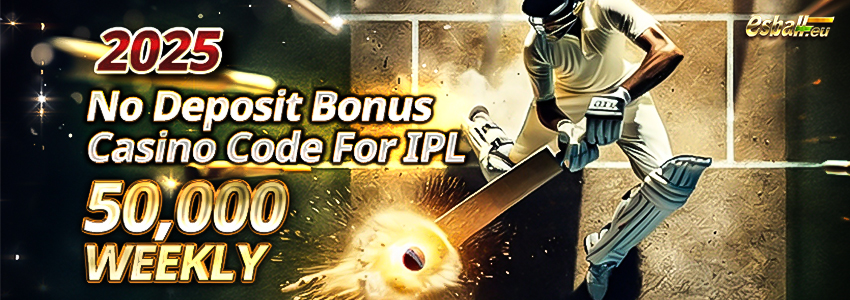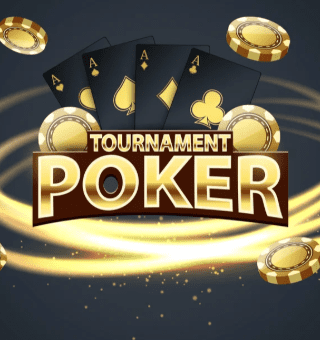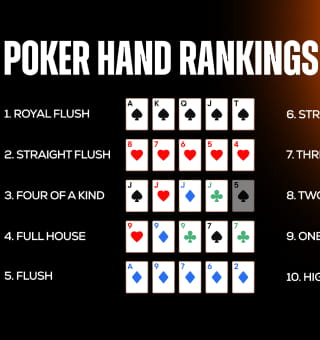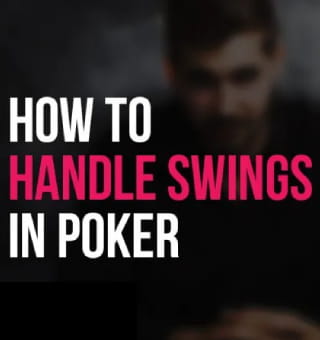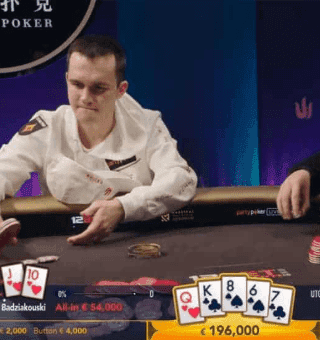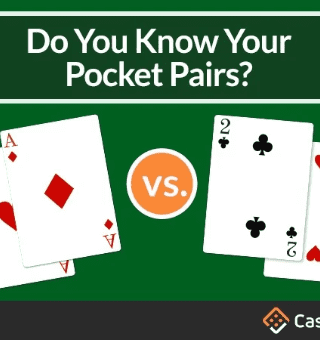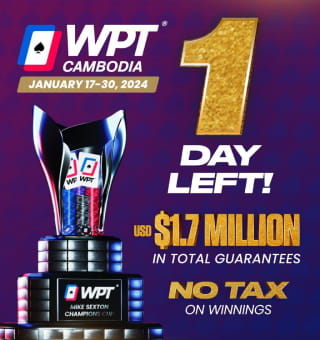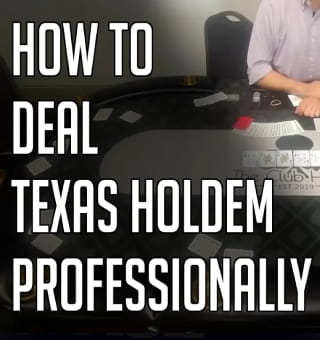
How to Deal Texas Holdem? Latest Texas Holdem Dealing Method
Whether in Texas Hold'em or Omaha, we may encounter multiple sets of community cards, and some players may reveal one of their hole cards before the formal showdown to influence opponents' judgments. This practice is not considered orthodox in Texas Hold'em rules, but it is often seen in offline games. Today, we will share with you two special Texas Hold'em rules on how to deal Texas Holdem.
Latest Texas Holdem Dealing Method Game Introduction
I believe all players are very clear about the basic rules of Texas Hold'em and Texas Holdem dealing rules, including the order of betting, the distribution of community cards, and the comparison of player hand rankings. Today, we will share more advanced discussions on Texas holdem dealing rules.
Sometimes, whether in Texas Hold'em or Omaha, we may encounter multiple sets of community cards, and some players may reveal one of their hole cards before the formal showdown to influence opponents' judgments. This practice is not considered orthodox in Texas Hold'em rules, but it is often seen in offline games. Today, we will share with you two special Texas Hold'em rules on how to deal Texas Holdem.

Texas Holdem Rules: Deal Between Players
How to deal Texas Holdem? First, let's understand the Texas Hold'em rules regarding dealing. "Deal" can be explained as an agreement between two players. In Texas Hold'em rules, this usually refers to situations where both players go all-in, multiple sets of community cards are dealt or the remaining community cards are not dealt. The pot is then divided based on the winning probabilities.
Texas Holdem Dealing Method Example
Blinds are 20/40 on a nine-handed table. We are in the middle position (MP) with JcJd and open for 120. The button and small blind call to see the flop, and the pot is 480.
- The flop comes 4c/6c/9s.
For the small blind checks, we continue with a bet of 280, and the button and small blindfold. The big blind goes all-in for 4880. After careful consideration, we decided to call, and the pot became 10240. Upon showdown, the big blind has 10c3c, a flush draw.
Here, we ask the big blind if they want to run it three times. This means that the turn and river cards, according to Texas Hold'em rules, will be dealt three times, revealing six cards in total, displayed in pairs. The pot is divided into three parts, each allocated to the winning player after each set of cards.
Another simpler method of dividing the pot based on winning probabilities is to skip dealing the turn and river cards according to Texas Hold'em rules and directly allocate the pot based on the results from a winning probability calculator.
In this example, we would receive 2/3 of the pot, and the remaining 1/3 would go to the big blind player.
Texas Holdem Dealing Rules: Revealing Hole Cards in Advance
After discussing the Deal aspect of Texas Hold'em rules, let's now look at the action of revealing hole cards in advance, whether it complies with Texas Hold'em rules, and the restrictions involved.
In Texas Hold'em rules, it is specified that hole cards cannot be revealed before the showdown is determined. Violating this rule will result in automatic folding, losing the right to win the pot, and may lead to a warning.
The reason for this rule is that Texas Hold'em is an information game, and each player should only know their own hole cards. Any extra action at the table can provide other players with additional information, which is considered unfair in Texas Hold'em rules.
Texas Holdem Dealing Rules: Example of Revealing Hole Cards
Blinds are 20/40. The UTG player raises to 120, and players in middle positions, cutoff, button, and small blind all call. The big blind raises to 880, and the UTG player goes all-in for 8000. The player in the middle position reveals an Ace before folding, and other players fold as well. The big blind holds KsKd and chooses to call.
The mid-position player's show of an Ace influenced the big blind's decision to call because theoretically, the combination of AA that could beat KK became three times less likely. This action is unfair to the UTG player because the information gained only benefits the big blind and not the UTG player. This is why Texas Hold'em rules do not allow such behavior.
Furthermore, to prevent collusion and communication between players not currently in the game, Texas Hold'em rules also prohibit non-participating players from commenting on the ongoing game. This rule applies both to offline games and tournaments and should be carefully observed.
That concludes today's sharing on how to deal Texas Holdem. Paying special attention to Texas Hold'em rules during the game ensures a stable profit. There will be more hand discussions in the future. Until next time, see you!
🎁 Claim 2025 IPL Free Casino Bonus Now 🎁
Click the picture to unlock the promotion and receive your exclusive IPL Esball Casino Code Bonus No Deposit!
Don't miss out on your chance to claim up to 50,000 for FREE! Only valid from 3/24 to 4/20! ⏳
Poker Strategy

